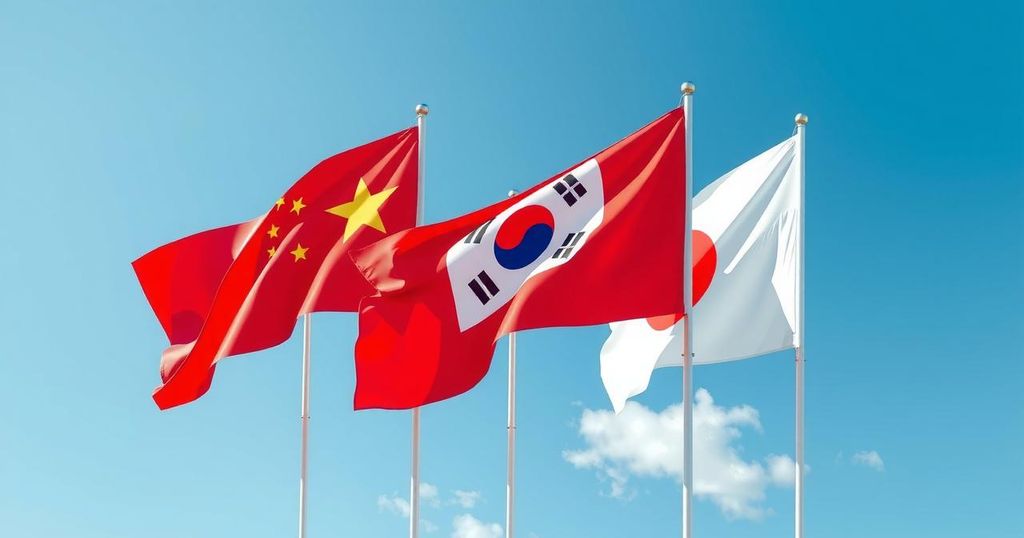Politics
” KUN, ASIA, BEIJING, CHINA, COMMERCE, DEFENSE, FOREIGN MINISTRY, GEOPOLITICS, GU JIA KUN, HOWARD LUTNICK, INDUSTRY AND SECURITY, INSPUR GROUP, IRAN, JEFFREY KESSLER, MEXICO, NATIONAL SECURITY, NORTH AMERICA, NUCLEAR WEAPONS, TAIWAN, UNITED ARAB EMIRATES, UNITED STATES, US, US COMMERCE DEPARTMENT, US-CHINA RELATIONS
Sophia Klein
U.S. Expands Trade Blacklist to Target Chinese Firms Amid Security Concerns
The U.S. Commerce Department has placed 80 firms from China, the UAE, and Iran on a trade blacklist to impede advancements in AI and military technologies. The action reflects ongoing national security concerns. Beijing criticized the U.S. response as hegemonic, indicating it may take steps to defend its companies.
The United States Commerce Department has added numerous entities, specifically 80 firms from China, the United Arab Emirates, and Iran, to its trade blacklist. This measure is intended to hinder China’s progress in artificial intelligence and advanced computing technologies. Companies on the list are barred from receiving U.S. goods and technologies without securing a government license.
Included in this blacklist are eleven Chinese firms and one in Taiwan, accused of aiding the development of advanced AI and supercomputing capabilities linked to China’s military-industrial complex. The list also encompasses other entities implicated in unregulated nuclear activities and ballistic missile programs. Notably, two firms, one based in China and another in Iran, were identified for seeking American technologies for drone and defense sectors in Iran.
Commerce Secretary Howard Lutnick emphasized, “The United States will not allow adversaries to exploit American technology to bolster their own militaries and threaten American lives.” Jeffrey Kessler, Under Secretary of Commerce for Industry and Security, reinforced this policy by highlighting the need to curtail the usage of American technology in military applications that pose risks to national security.
Beijing has expressed disapproval regarding this action, urging the U.S. to cease its expansive interpretation of national security and to stop misusing sanctions against Chinese firms. Foreign Ministry spokesperson Gu Jia Kun denounced the blacklist as an example of hegemony, declaring that China is prepared to take requisite measures to protect its companies’ rights. This action reflects the ongoing trend of the U.S. imposing sanctions based on national security concerns, as seen in prior penalties against Iran for related issues.
The U.S. has broadened its trade blacklist, targeting firms from China, the UAE, and Iran to curb advances in AI and military technology. This policy aims to protect national security as asserted by U.S. officials, but it has been met with strong opposition from Beijing, which views it as an unjust act of hegemony. The U.S. continues to enforce sanctions to address perceived threats, marking a significant development in international trade and security relations.
Original Source: shafaq.com








Post Comment